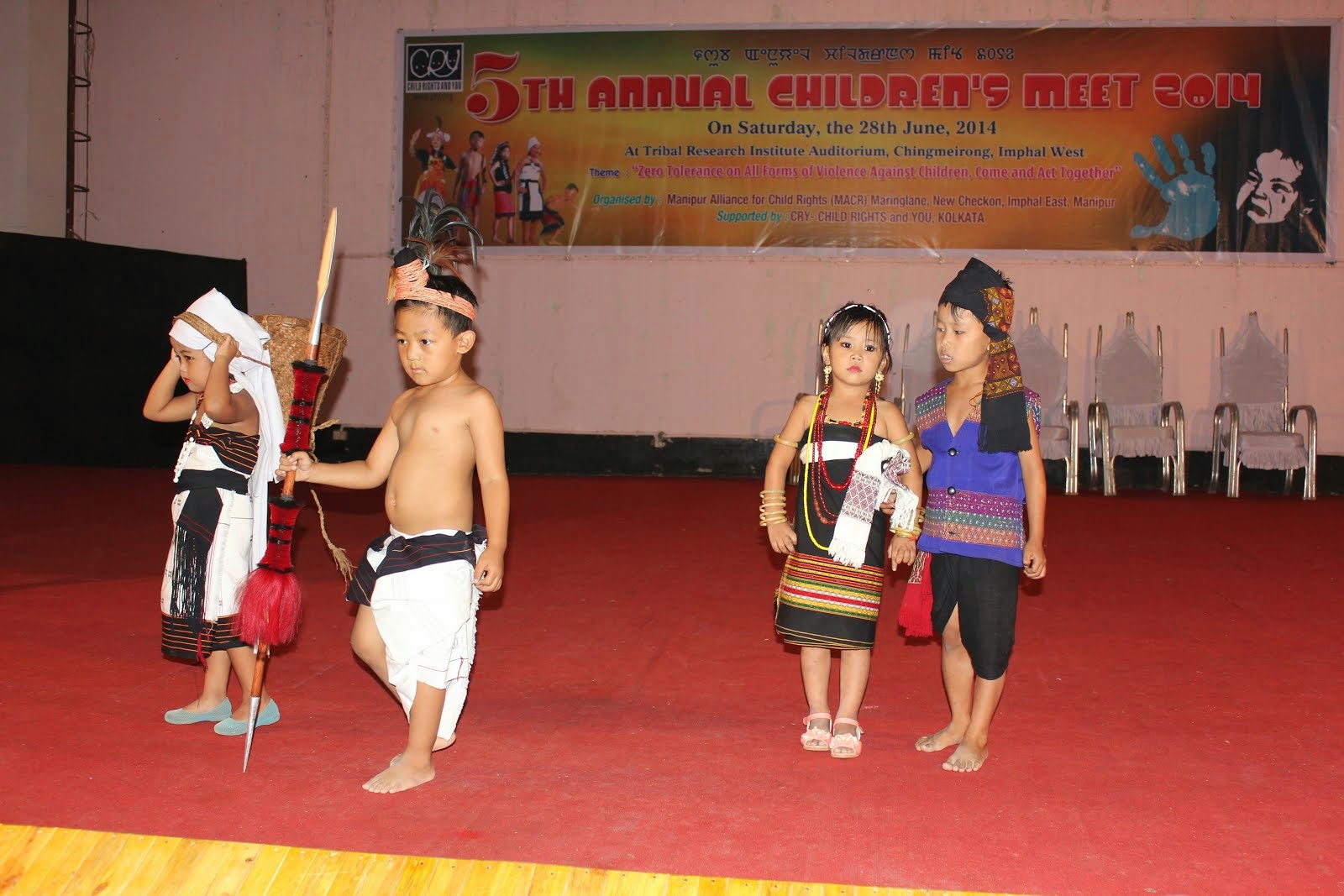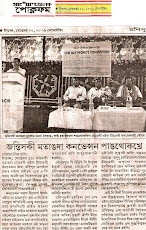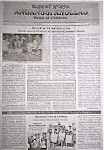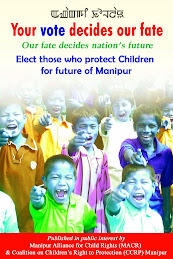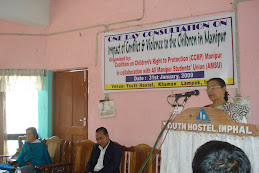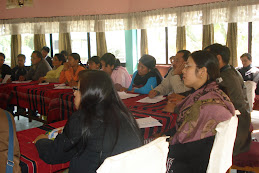IMPHAL, Jan 30: The raging issue sparked by decision of private educational institutions run by Christian missionaries to conduct screening (admission) test for fresh admission seekers in the pre-primary level as well as the institutions' fee structure would be taken up for discussion in tomorrow's meeting of the State Advisory Council, for which Education Minister M Okendro is the chairperson.
Confirming on the said meeting scheduled to be held at 3 pm tomorrow, the Education Minister affirmed that a definite decision on the said issues would be adopted by the Council, constituted on January 11, 2013 under the Right to Education Act 2009.
Okendro also informed that a new annexe of Tamphasana Girls' Higher Secondary School would be constructed at Bengali High School premises.
It is said that Principal Secretary, Education (Schools) Dr J Suresh Babu is the ex-officio chairperson of the Council, with six top officials of State's SSA/SMA, Education and Social Welfare departments, SCERT, COHSEM and BSEM as the ex-officio members.
The Council also has eight nominated members from various educational institutions.
Constituted to advise the State Government on implementation of RTE provisions in an effective manner in the State, for which the State Project Office, SSA Manipur would be the implementing authority, the period of tenure of the Council's nominated members will be two years.
According to sources, the Department of Education (Schools) in its october 22 order had already instructed educational institutions in the state that while admitting a child (student) neither should there be collection of any capitation fee nor subject the child or parents to any form of screening procedure.
In case the said guidelines are found to be violated, the school or school authority concerned would be punishable with fine extendable to ten times the capitation fee charged, if any, with an even more harsher punishment with enhanced fine in case a child is subjected to screening procedure, maintained the sources while conveying that the guidelines were issued under a particular section of RTE to uphold right of children to free and compulsory education.


